Brassica oilseeds transporter gene mutations decrease antinutritional glucosinolates
 Glucosinolates are sulfur-containing defense compounds produced by brassica plants. Brassica napus (canola) is an important oilseed crop because a low-glucosinolate variety has been developed. Brassica juncea is more stress tolerant, but has not been developed as a crop due to its high levels of glucosinolates. In a “transport engineering” approach, Nour-Eldin et al. identified glucosinolate transport proteins highly expressed in seeds, and then found loss-of-function mutants in these genes. Production of double, triple and quadruple mutants led to a significant reduction of seed glucosinolate production, although not yet to the point needed for commercial use. Nature Biotech. 10.1038/nbt.3823
Glucosinolates are sulfur-containing defense compounds produced by brassica plants. Brassica napus (canola) is an important oilseed crop because a low-glucosinolate variety has been developed. Brassica juncea is more stress tolerant, but has not been developed as a crop due to its high levels of glucosinolates. In a “transport engineering” approach, Nour-Eldin et al. identified glucosinolate transport proteins highly expressed in seeds, and then found loss-of-function mutants in these genes. Production of double, triple and quadruple mutants led to a significant reduction of seed glucosinolate production, although not yet to the point needed for commercial use. Nature Biotech. 10.1038/nbt.3823


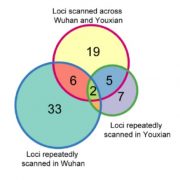
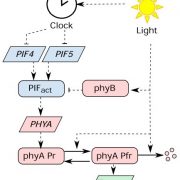
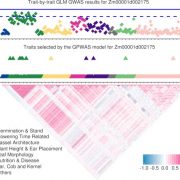
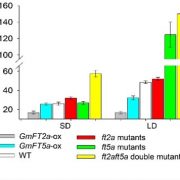
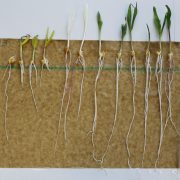
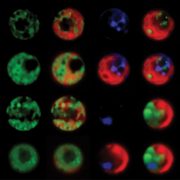


Leave a Reply
Want to join the discussion?Feel free to contribute!